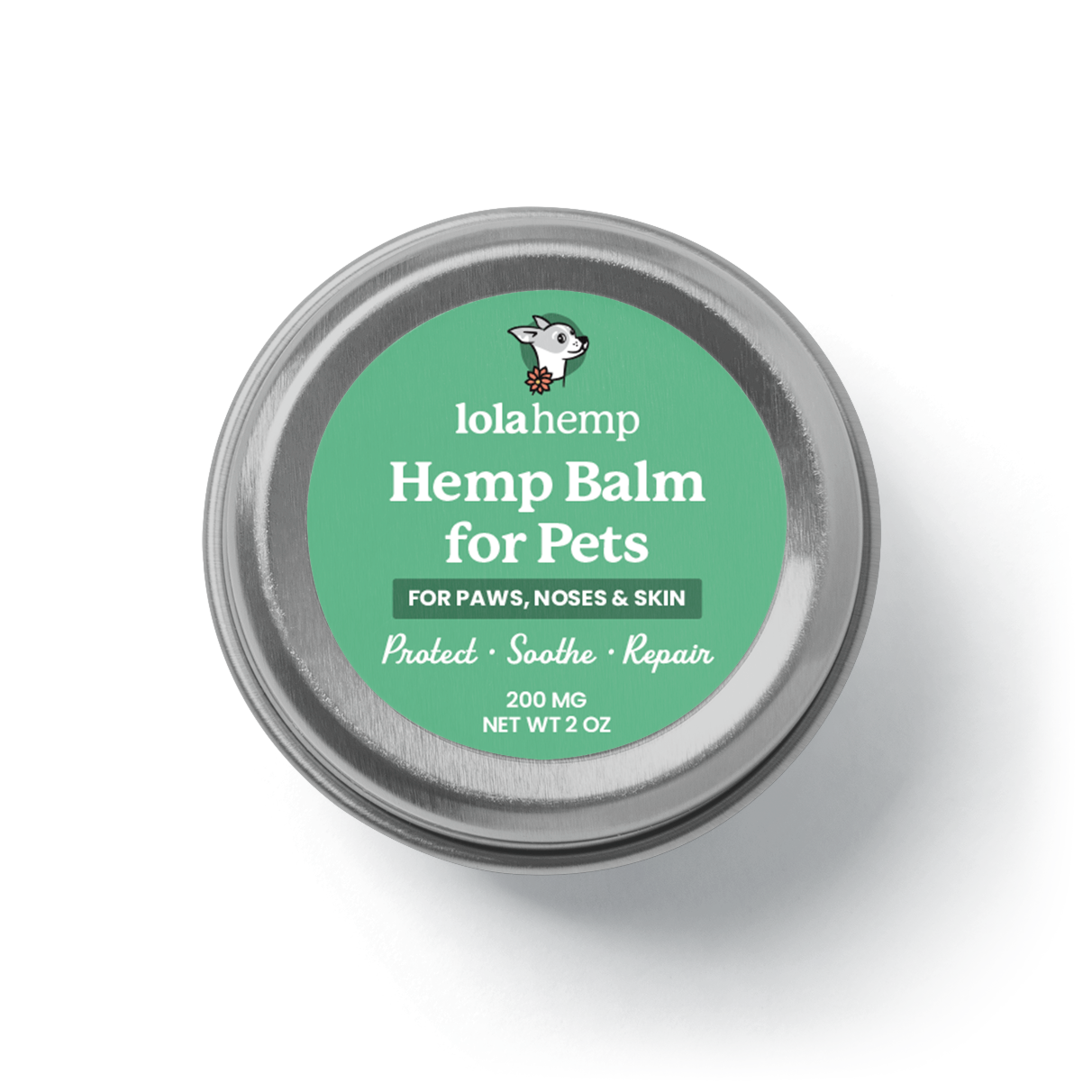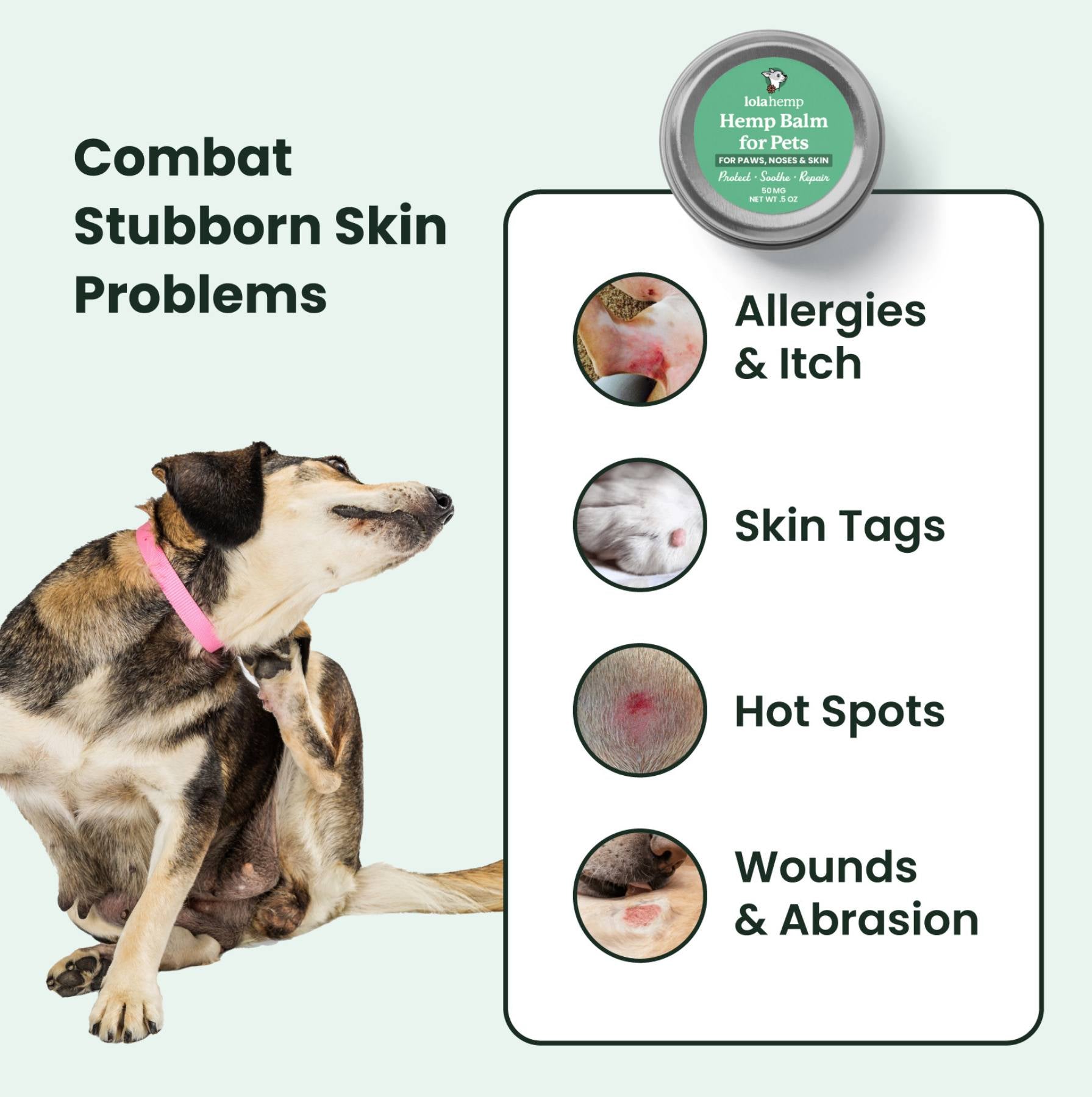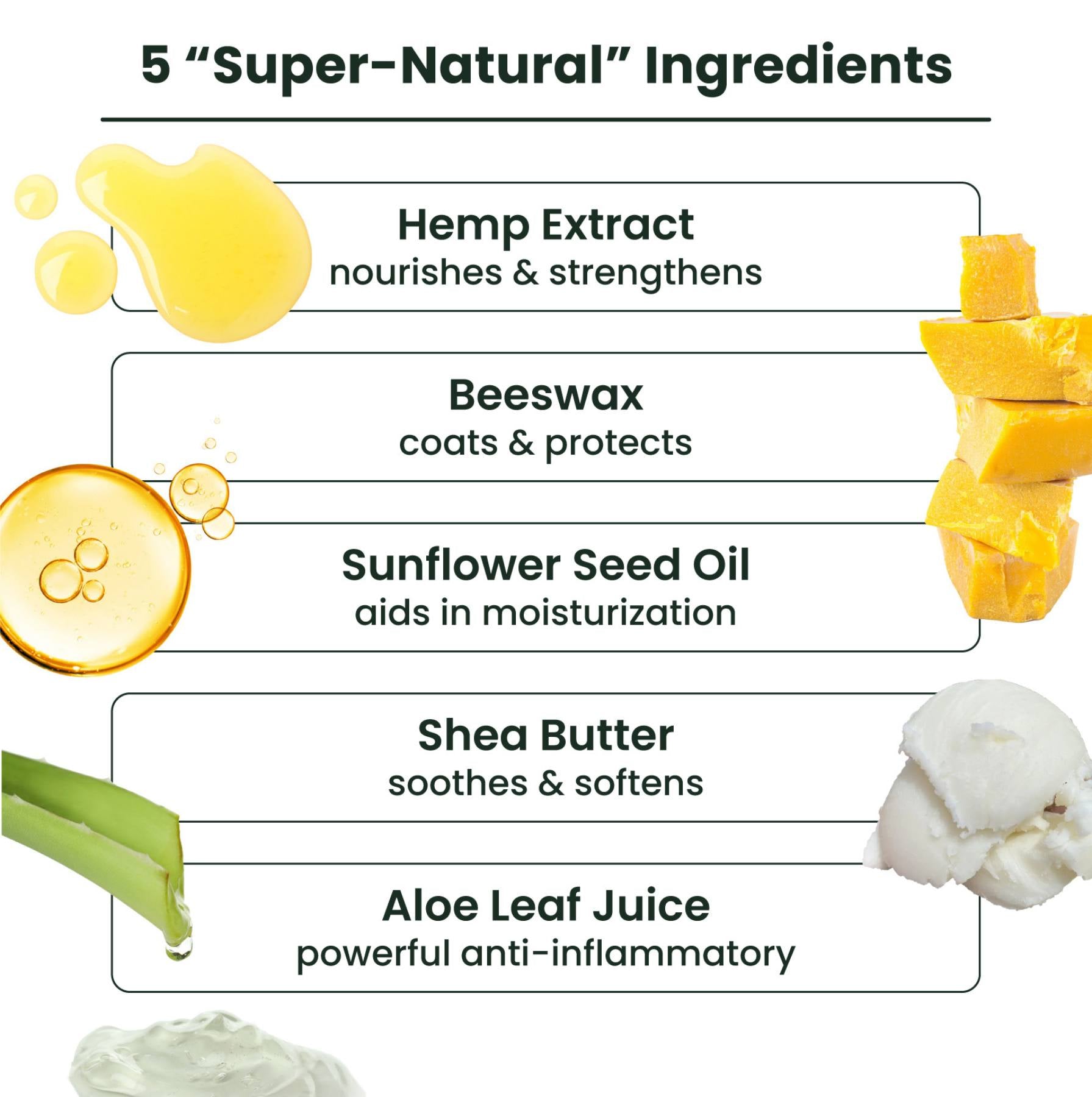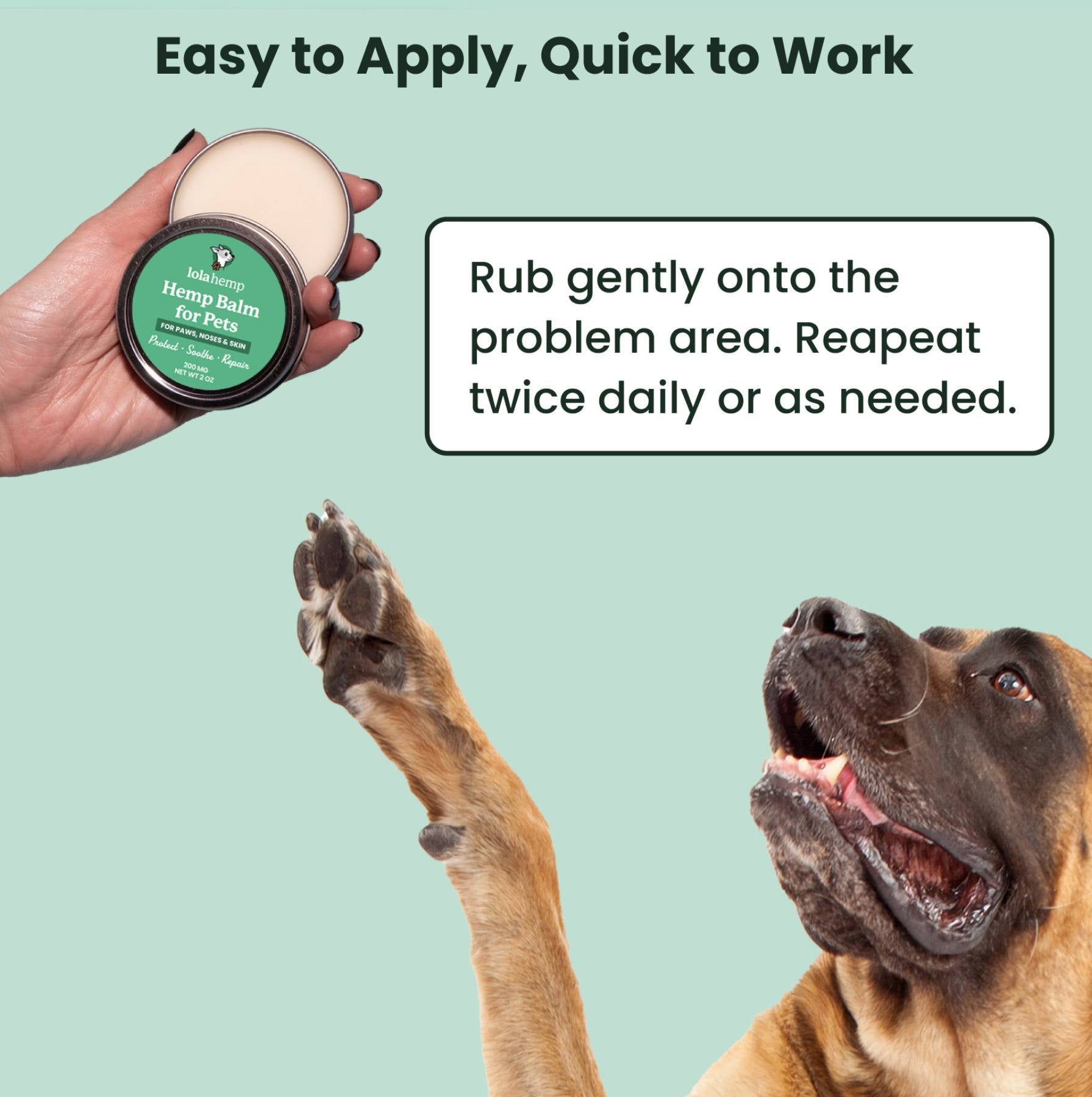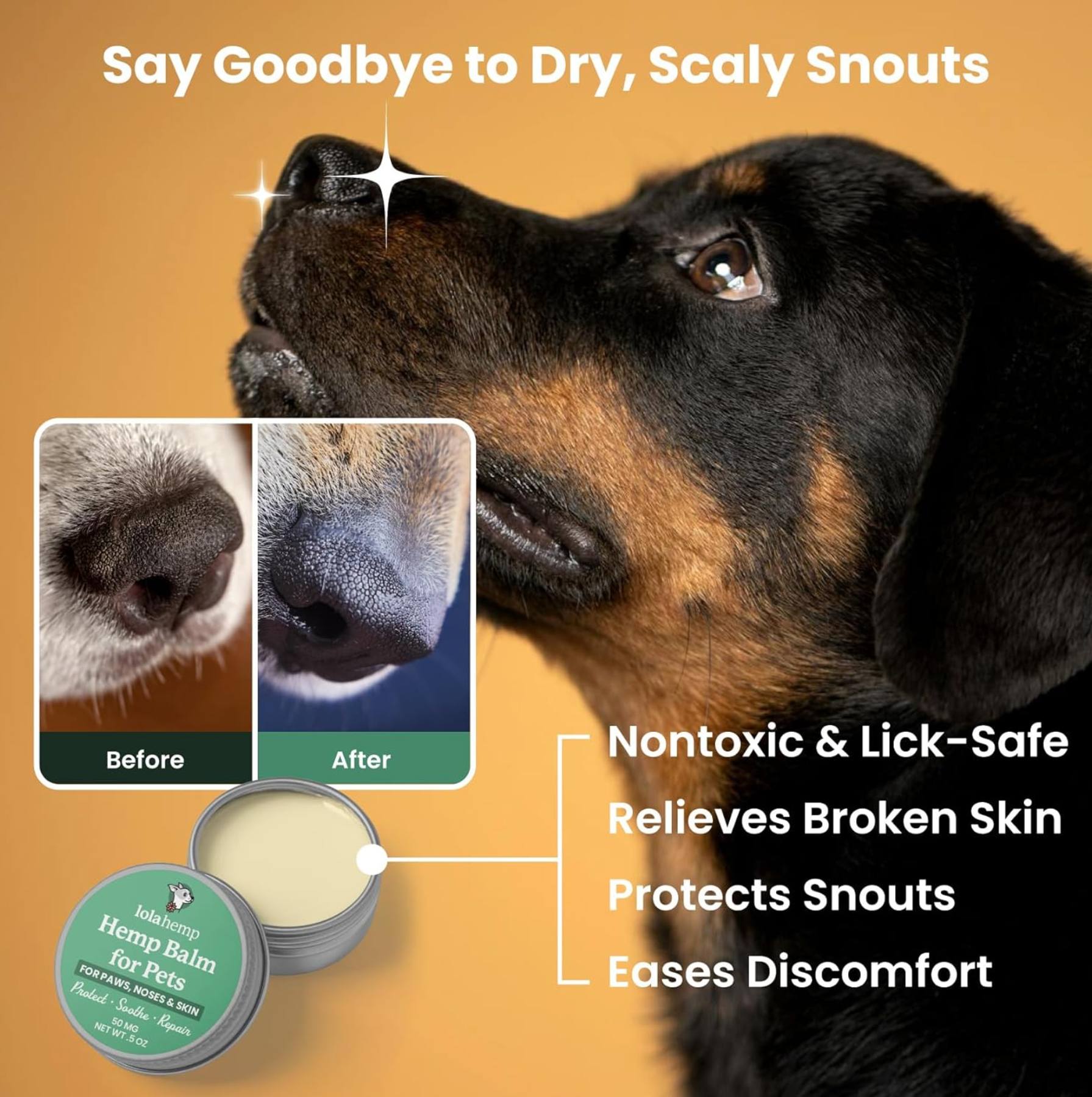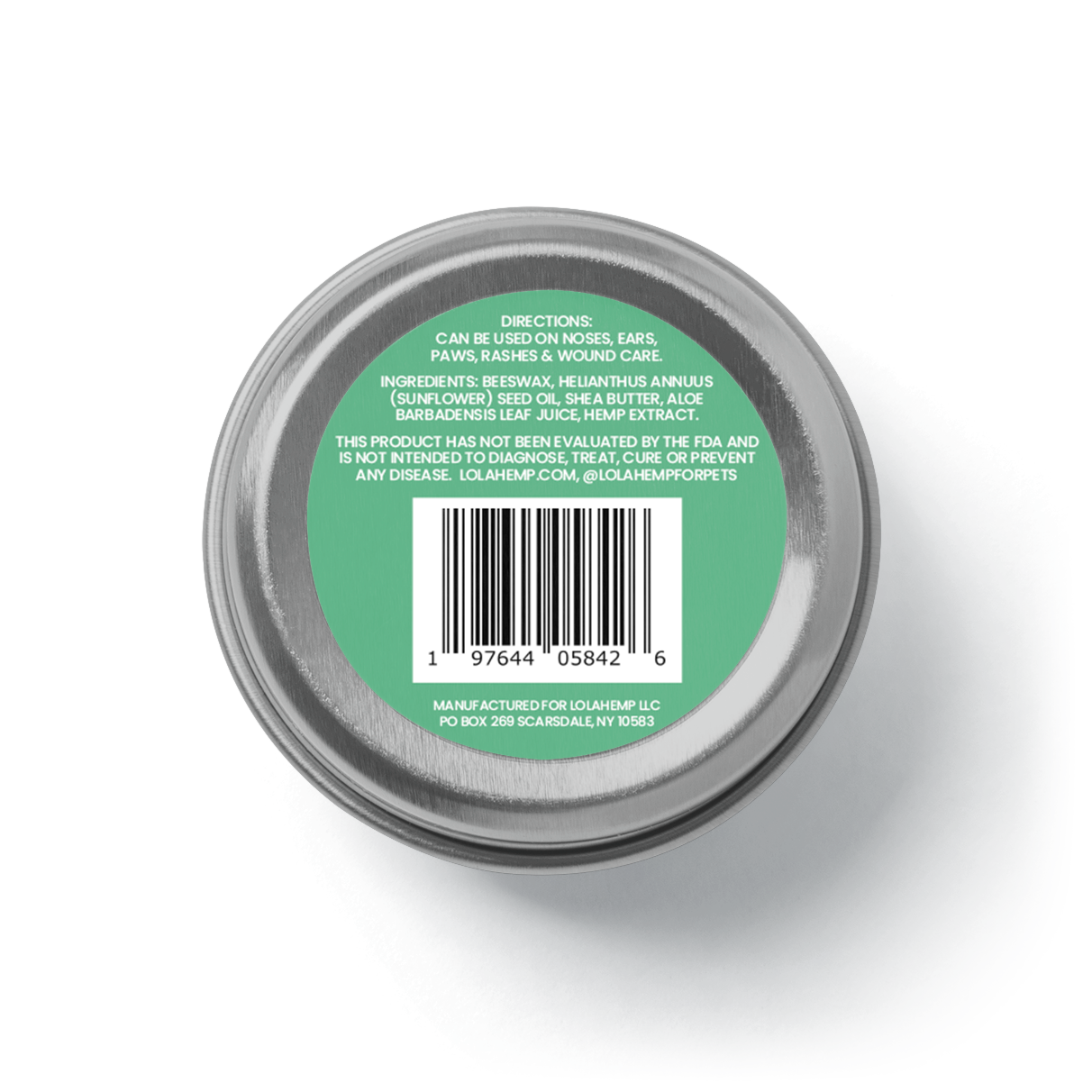Dogs are known for their quirky habits, and licking is one of the most common. While some licking is normal, excessive licking can signal a deeper issue. It might be related to boredom, stress, or even an underlying health problem such as allergies. Understanding the cause is key to addressing it effectively and ensuring your dog’s wellbeing.
Unlike cats, dogs don't use licking as a primary form of grooming. Licking is either used as a way to communicate socially (i.e. licking you or other dogs) or it's the result of some issue in most cases.
Why Does My Dog Lick So Much?
Let's take a look at some of the key reasons that dogs lick excessively.
1. Allergies
One of the most common reasons dogs lick excessively is due to allergies. Environmental allergens like pollen, mold, or dust can cause skin irritation, while food allergies may lead to itchy skin and gastrointestinal discomfort. Dogs often lick to soothe the irritation, which can sometimes lead to secondary infections.
Dogs may lick nearly anywhere on their skin if they're having discomfort from allergies. It's very common for dogs to lick their paws if they're having an allergic reaction.
- Look for symptoms like redness, hot spots, or constant scratching.
- Consult your vet to determine the allergen and explore treatment options
2. Anxiety or Stress
Licking can be a self-soothing behavior in dogs experiencing anxiety or stress. Situations like being left alone, encountering unfamiliar environments, or loud noises can trigger excessive licking. This behavior might be accompanied by other signs of stress, such as pacing or whining.
3. Pain or Discomfort
Dogs may lick excessively when they are in pain or discomfort, especially if the issue is localized, like a sore paw or joint. Licking is their way of trying to alleviate the discomfort.
- Check for visible injuries, swelling, or other abnormalities.
- Consult your veterinarian if the licking persists or if there are other signs of pain.
4. Boredom or Lack of Stimulation
Excessive licking can also result from boredom or insufficient mental and physical stimulation. Dogs need regular exercise and enrichment to stay happy and engaged. Without these, they may develop repetitive behaviors like licking.
- Provide daily exercise and interactive toys to keep your dog stimulated.
- Consider puzzle feeders or play sessions to redirect their focus.
5. Obsessive-Compulsive Behavior
In some cases, excessive licking may be a sign of obsessive-compulsive behavior. This can develop over time due to chronic stress, frustration, or a lack of proper outlets for their energy.
- Consult a veterinarian or animal behaviorist for guidance.
- Explore behavioral training or medications to help manage the issue.
Conclusion
The top 5 reasons for excessive licking in dogs include allergies, anxiety, pain, boredom, and obsessive-compulsive behavior. Identifying the root cause is crucial to finding the right solution. If you're unsure why your dog is licking excessively, a visit to your veterinarian can provide clarity and ensure your dog receives the care they need.
To explore natural solutions to your dog's discomfort, review Lolahemp's line of CBD products for dogs.
Frequently Asked Questions About Excessive Licking in Dogs
What causes excessive licking in dogs?
Excessive licking in dogs can be caused by allergies, anxiety, pain, boredom, or obsessive-compulsive behaviors. Identifying the specific trigger is essential to addressing the problem effectively.
When should I worry about my dog's licking?
You should be concerned if your dog's licking is constant, focused on one area, causing hair loss or redness, or accompanied by other symptoms such as limping, whining, or digestive issues. These may indicate an underlying medical or behavioral issue.
Can allergies make dogs lick excessively?
Yes, allergies are one of the most common reasons dogs lick excessively. Environmental or food allergens can cause itching and irritation, leading dogs to lick their paws, legs, or other areas for relief.
How can I stop my dog from licking due to boredom?
You can reduce boredom-related licking by providing regular exercise, interactive toys, puzzle feeders, and mental enrichment. Increasing stimulation helps redirect your dog’s focus away from repetitive behaviors.
Is excessive licking in dogs treatable?
Yes, excessive licking in dogs is treatable once the root cause is identified. Treatment may include allergy management, anxiety reduction techniques, pain relief, behavioral training, or medical intervention depending on the underlying issue.

